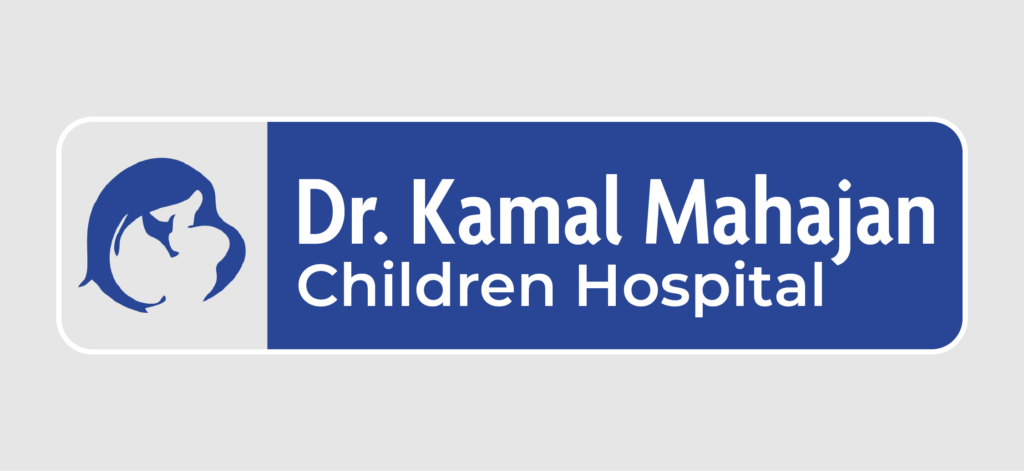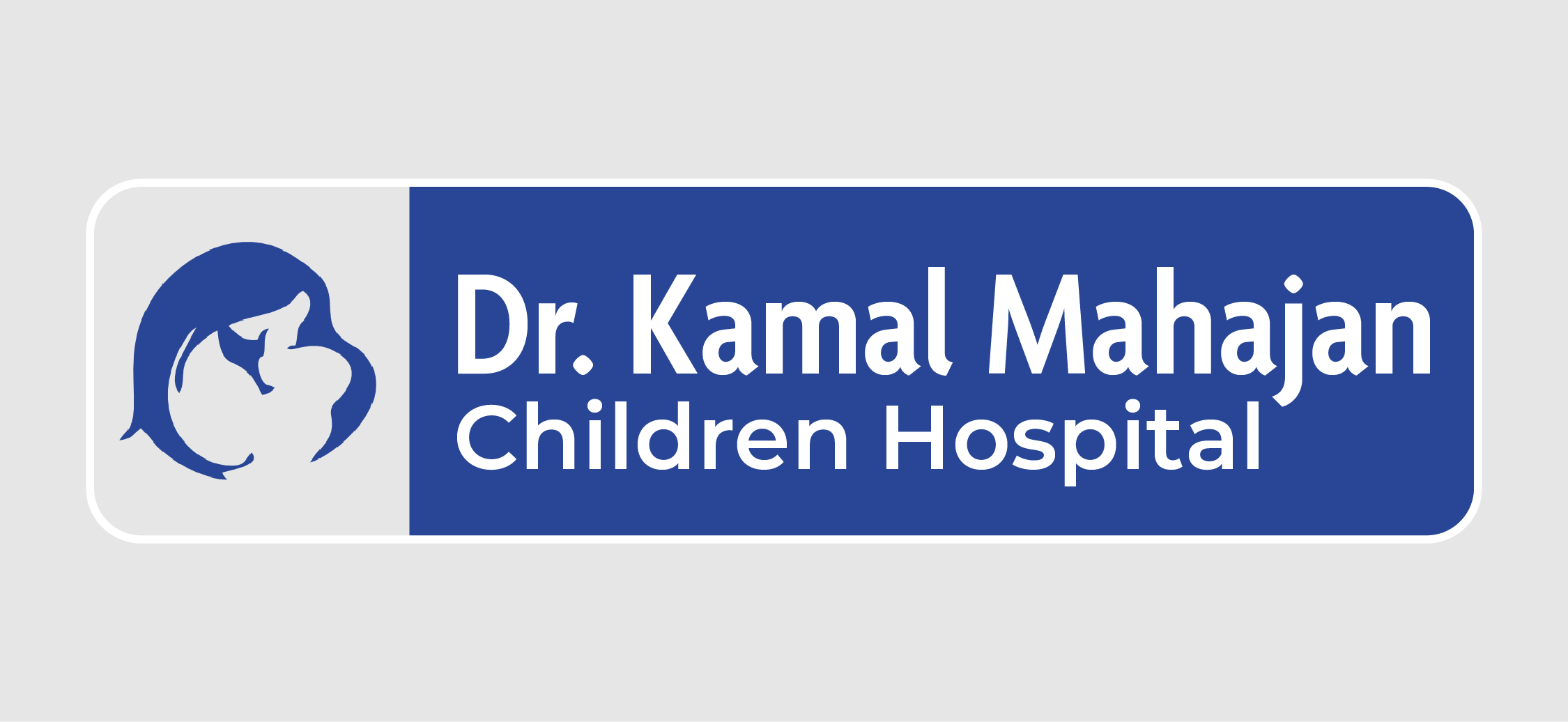UTIs are bacterial infections affecting the urinary tract, including the kidneys, ureters, bladder, and urethra. UTIs can occur at any age, they are common in children, particularly infants and young girls.
Common Symptoms
Infants and young children
- Fever
- Irritability
- Vomiting
Older children
- Frequent urination
- Dysuria (painful urination)
- foul-smelling urine
- abdominal or back pain
Diagnostic Evaluation
- Examination of a urine sample for the presence of WBCs, red blood cells, bacteria, and other abnormalities.
- A definitive diagnosis of UTI is confirmed by isolating and identifying bacteria from a urine culture.
- Ultrasound or voiding cystourethrogram (VCUG) to evaluate the urinary tract for abnormalities or structural defects.
Treatment Approaches
- Antibiotic therapy: Oral antibiotics are the primary treatment for UTIs in children, with specific antibiotics selected based on urine culture results and susceptibility testing.
- Duration of treatment: The antibiotic therapy typically ranges from 7-14 days, depending on the severity and type of UTI.
- Fluid intake: Encouraging increased fluid intake helps flush bacteria out of the urinary tract and promotes urine production.
Preventive Strategies
- Hygiene practices: Teaching children proper hygiene, including wiping from front to back after urination or bowel movements, helps prevent the spread of bacteria to the urinary tract.
- Avoiding constipation: Constipation can contribute to UTIs by exerting pressure on the bladder and obstructing urine flow. Encouraging a high-fiber diet and regular bowel habits can help prevent constipation.
- Timely voiding: Encouraging children to empty their bladders regularly and completely helps prevent urine stagnation and bacterial growth.
- Treatment of predisposing factors: Addressing underlying conditions such as urinary tract abnormalities or vesicoureteral reflux (VUR) reduces the risk of recurrent UTIs.
Complications and Long-Term Outlook
- Complications: Untreated or recurrent UTIs can lead to more serious complications, including kidney damage, renal scarring, hypertension, and chronic kidney disease.
- Long-term outlook: With prompt diagnosis and appropriate treatment, most UTIs in children resolve without complications. However, recurrent UTIs or underlying urinary tract abnormalities may require ongoing management and monitoring.
Urinary tract infections are common bacterial infections affecting children, with varying presentations depending on age and severity. Early recognition and treatment of UTIs are essential to prevent complications and ensure optimal outcomes. Educating parents and caregivers about preventive measures and promoting proper hygiene practices are key strategies in reducing the burden of UTIs in children.




